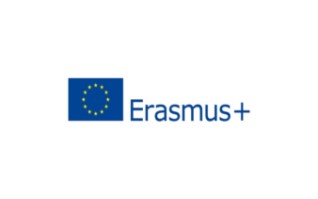NetHIIP - Network of Health Science Innovation Incubation Programs
Project ID
2019-1-HU01-KA203-061181
Project title
Network of Health Science Innovation Incubation Programs
Project manager, contact details
Enikő Tóth, toth.eniko@pte.hu
Academic supervisor, contact details
Zsolt Bedő, Dr. , bedo.zsolt@ktk.pte.hu
Total project budget
241.180 EUR
Total budget of UP
46.530 EUR
Project start date
Project end date
Coordinator
Faculty of Business and Economies

Lead Partner
University of Pécs (HU)
Partner Organisations
Universytet Medyczny W Lodzi (PL), Ernst-Abbe-Hochschule Jena (DE), Medizinische Universitat Graz (AT), Univerza V Mariboru (SI), Consorzio Futuro in Ricerca (IT)
General description
Smart specialization in many regions of CE is not functioning due to the lack of innovation capacity and disconnection between the actors on local and transnational level. Higher Education Institutions (HEIs) shall become seedbeds for innovation by understanding the market needs and providing innovation knowledge, business contacts and support for students, who will later implement RIS3 as entrepreneurs, employees or decision makers. HEIs are unable to meet these requirements and are not sharing best practices of knowledge & technology transfer. This challenge is particularly present in the area of public health, medicine and life sciences, where several key enabling technologies emerge, such as biotechnology, nanomedicine, e-Health, biomaterials, 3D printing, big data. The objective of NetHIIP is to connect the CE members of the innovation system to enable them to interact and strengthen their innovation capacity. The consortium will develop a transnational incubation process that allows innovation to emerge by a bottom up process at HEIs in interaction with RIS3 actors. To achieve continuous market validation of the innovative ideas, market actors will be involved as mentors, judges, guest speakers. All incubation activities will be channelled through an online ‘incubation platform’ allowing continuous interaction among the students and regional innovation actors, creating transnational transparency of capacities, and boosting transnational co-creation, co-learning and validation. Partners with different levels of knowledge will strengthen their competences, reduce their disparities and promote the cooperation of RIS3 actors in the CE area. Strong links will be created to local/national/EU public administrations by the state-owned HEIs and by the ASPs, such as EIT Health. The pilots will support students boosting their innovation capacities, validating their ideas by market and public actors, which will make the quadruple helix and smart specialization work.
Program
ERASMUS +
Application monitoring
